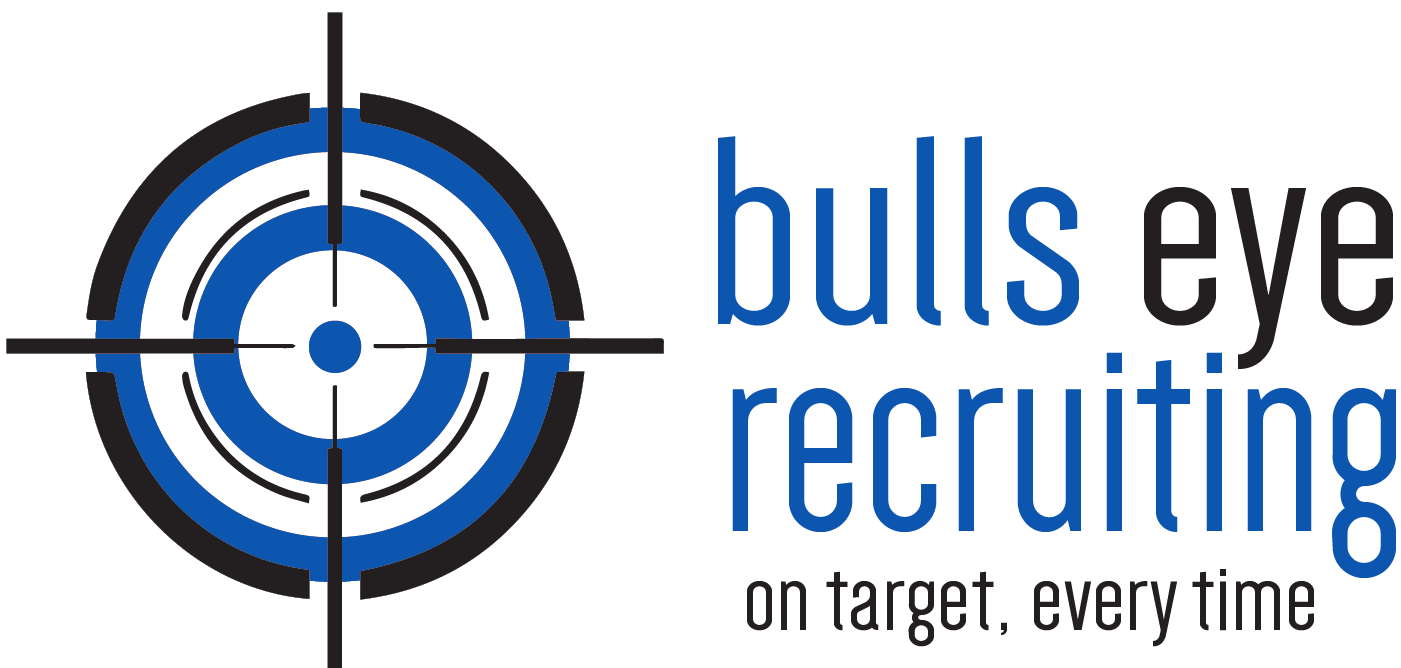Personality tests have long been popular; from quizzes in magazines to the new prevalence of Internet quizzes, people have always enjoyed gaining a little insight into how they think. But there is a more serious application to personality tests. Employers use them to gauge how well an employee will fit into the existing company culture. Such pre-employment testing is becoming far more common; in 2014, Indeed estimated that between 60 and 70 percent of applicants’ personalities are being tested by U.S. employers.
In this report, we will examine the effects personality testing will have on the work force, the types of personality tests that are being used, the strengths and weaknesses of the various tests and the tests’ efficacy.
The Most Popular Personality Tests
There are countless types of personality tests available. Some of them specialize in providing specific types of information, while others are broader. Each test offers its own pros and cons, and tests should be chosen based on the situation they are being used in and the information that is trying to be elicited. These are a few of the most widely used tests.
Myers-Briggs Type Indicator (MBTI)
One of, if not the most popular, personality tests is the Myers-Briggs Type Indicator assessment.
This
test uses psychological preference to measure how test takers perceive their surroundings and make decisions. This emphasis on decision-making and communication make it a good option for employers looking to understand how a potential new hire might fit into the company culture.
The MBTI is based on four dichotomies:
- Attitudes: extraversion or introversion
- Perceiving functions: sensing or intuition
- Judging functions: thinking or feeling
- Lifestyle: judging or perception
For each of these dichotomies, takers receive a letter, and once all four are combined, they have a full personality profile. This can help employers get a better sense of how employees will work with co-workers and what challenges personality types might face in given roles.
Pros of the MBTI
- The MBTI is the most popular personality test, and thus more applicants and employers are familiar with it and can decipher results.
- Results move beyond trying to simply describe a personality; the results also seek to explain the personality and offer suggestions for maximizing communication effectiveness.
This test is simple to take but measures complex ideas.
Cons of the MBTI
- Research in 1993 and 2005 proved that as many as 50 percent of people who took the test twice over a course of a month received two different types. This is called the “funneling effect.”
- Because the MBTI can appear to be so simple, many people feel they are experts in analyzing results, without having the requisite skills to do so accurately.
- The labels given by the test appear to be precise and accurate, which may tempt companies to use them as job criteria.
16PF Questionnaire
This multiple-choice personality test is another popular diagnostic tool of personality traits used by
employers. The questionnaire, developed by Raymond Cattell, focuses on two concepts: 16 primary traits and five secondary traits. This test is unique among employment personality tests because it also has been used in mainstream psychology to help diagnose mental disorders. The test is currently in its fifth iteration and was last updated in 1993.
The majority of 16PF questions ask about specific behavioral situations that may happen in a person’s life regularly. It features 185 items and takes about 30 minutes to complete on a computer.
Pros of the 16PF
- The test is written at a fifth-grade reading level and is easy to take and understand. Some other tests may be confusing, but the 16PF is not hard to administer.
- Examining the results requires little to no training as results are also fairly easy to understand and decipher.
Cons of the 16PF
- Some critics believe that the test overrepresents the traits of college graduates and under-represents high school graduates.
- It may not be as accurate for cross-cultural and multiethnic dynamics, a growing demographic in the United States.
DISC Assessment
Created by psychologist William Marston, the DISC assessment is a lesser-known behavior assessment tool used by employers. The test focuses on four different personality traits: dominance, inducement, submission and compliance. Test takers are measured on these four traits and compared to 15 different personality patterns.
Unlike the other tests described, the DISC has several different forms and versions. This creates some confusion because there is not a universally agreed-upon standard.
Pros of the DISC
- The test is considered a great measure of leadership, as it identifies many of the leadership methods and styles that coincide with personality types.
- Although some tests observe just natural behavior styles, the DISC also measures how the taker adapts to stress and other outside forces.
Cons of the Disc
- The DISC has 384 unique scores, often making results confusing and hard to decipher.
- Not all DISC assessments are the same and some may not reveal the most reliable results.
Do Personality Tests Work in the Hiring Process?
As more and more employers use the MBTI, the 16PF, the DISC and other assessments to better understand applicants, their usefulness in the process becomes an important question. Do these tests truly set apart qualified and prepared future employees, or do they disrupt the process with irrelevant information?
The Proponents
Companies that use personality tests cite their ability to reduce attrition among their ranks. In a 2014 Wall Street Journal article, Xerox cited tests for helping to reduce attrition in high-turnover customer service positions by 20 or more days.
Companies like Xerox use these tests to find applicants that seem more able to cope with the challenges that accompany a position.
In workplaces that require productivity, motivation and advanced group activity, personality tests can measure an aptitude for success. Like Xerox, it appears that this is a good practice for customer service or sales jobs. Telemarketing group Dialog Direct reports that testing software predicts with 80 percent accuracy which employees will perform the best.
The Critics
Not all companies agree that the tests bring value. In 2007, organic food retailer Whole Foods realized that workers clearing the personality tests often lacked basic food-preparation skills.
The personality tests may not identify successful employees in skills-based positions.
Several critics believe that despite official company policies, personality tests have become a major component of hiring and that can be very harmful. An article from the Wall Street Journal detailed some cases where the use of tests might be discriminatory. Some experts have found that personality tests may not be fair to ethnic and cultural groups. This has even led to calls for legislation banning personality tests.
Possible Legal Ramifications
The Equal Employment Opportunity Commission (EEOC) is currently investigating whether personality tests have an adverse impact on certain groups, especially those with disabilities. Critics report that those with mental illnesses, such as depression or bipolar disorder, may not do well on these tests. Some related lawsuits allege that even those qualified for positions are being denied jobs because of tests.
By using statements like “I am liked by nearly everyone” or “I believe there are people who don’t like me,” applicants with these mental illnesses may be perceived to be unfit for work. The commission’s ruling could alter how personality tests are administered in the hiring process.
The Future of Employee Personality Tests
Although the results of lawsuits and potential ruling from the EEOC will have an effect on how tests are administered to job applicants, there is no doubt that employers will continue to look for ways to evaluate the personalities of potential hires legally. Whether this comes from staff psychologists, improved interview techniques or altered personality tests, employers will want to keep the level of insight the tests can bring. The question is not if, but how.
As the understanding of personality continues to evolve, psychologists will continue to refine their instruments. A good place to learn more about how the mind works, communication skills and group dynamics is in a Bachelor of Science in Psychology degree program, like the one found online at Notre Dame College. Armed with this information, graduates will be better positioned to either advocate for the right tests for the right people, or even to develop better, more accurate tests for companies to use.
 Gabe Duverge is the copywriter for the online degree programs at Notre Dame College. Gabe has a background in marketing, blogging and social media. In his spare time, Gabe enjoys creative writing, spending time with friends and sports. Follow Gabe on Twitter @GabeDuverge.
Gabe Duverge is the copywriter for the online degree programs at Notre Dame College. Gabe has a background in marketing, blogging and social media. In his spare time, Gabe enjoys creative writing, spending time with friends and sports. Follow Gabe on Twitter @GabeDuverge.



Here is the problem with MBTI and DISC. They only measure how you “appear”.
I have a blog post coming out next week called “3 Signs that you are a Closet Introvert and What to do About It”. I am a closet introvert. I appear to be a big time extrovert. I am a ENTJ. I am really a introvert who has learned to behave extroverted. Lot more behind this.
Marc, I can 100% relate. From the outside, everyone sees me as an extrovert, but I too am an introvert. I have changed over the years and that is what is the most interesting thing to me. Thanks for commenting.